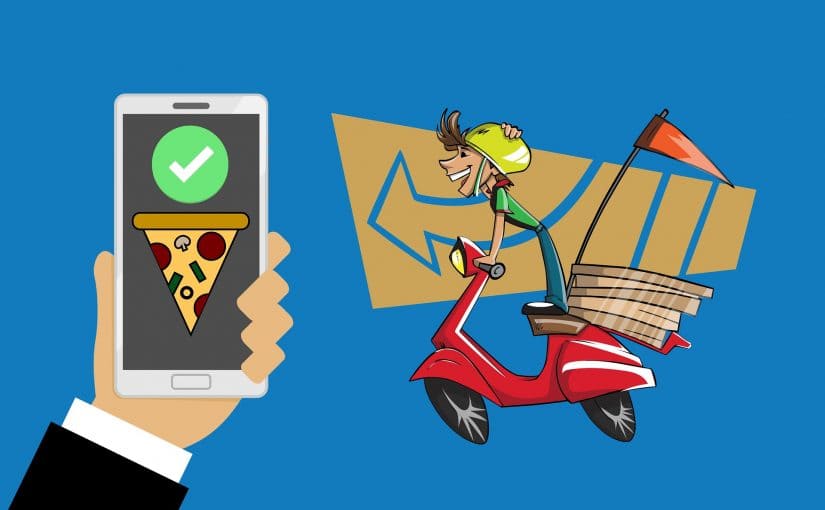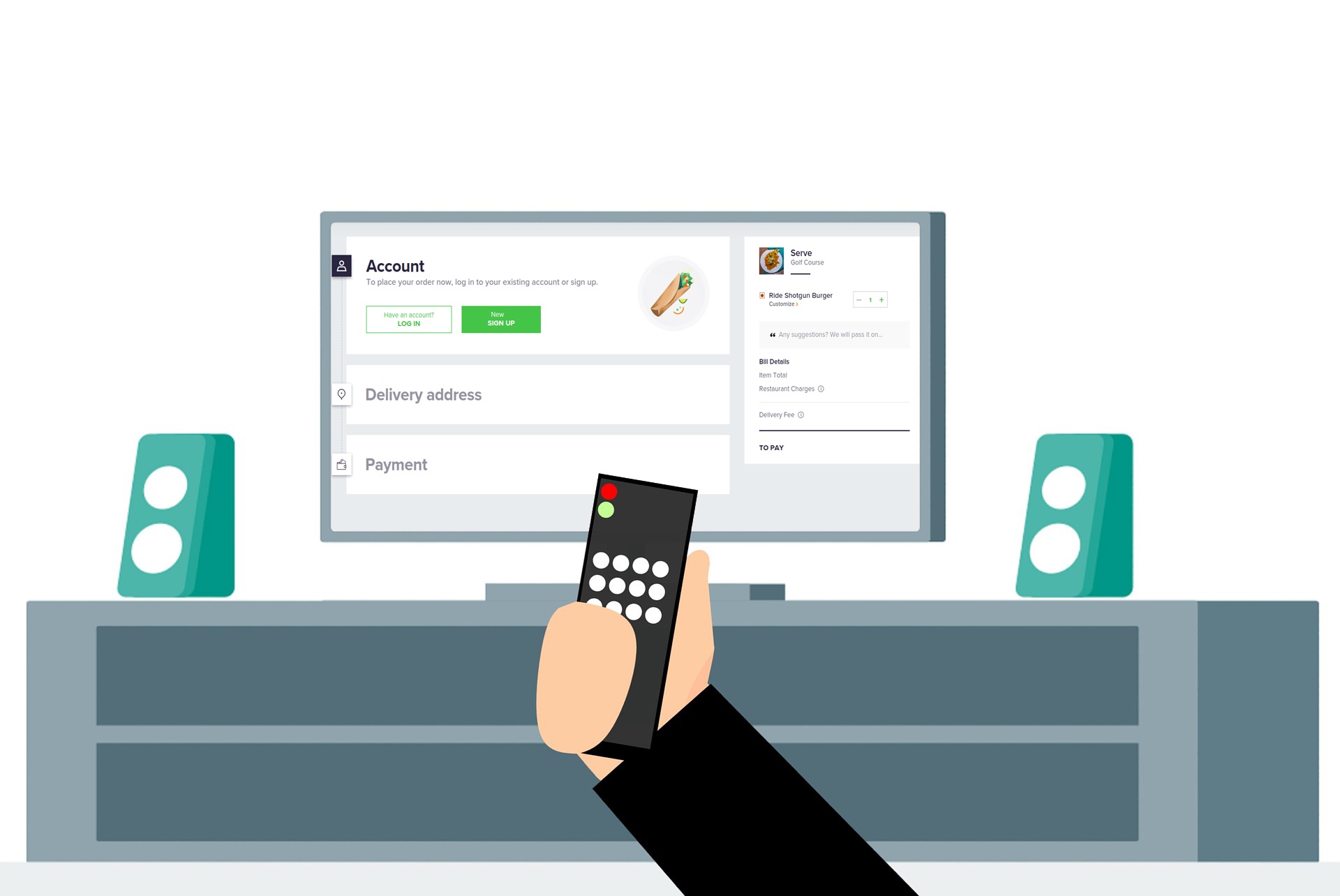The food processing industry has been undergoing a transformation in recent years. There is growing concern over the quality of the food we eat, and its impact on our health. Consumers are looking for healthier alternatives that are free from artificial preservatives and chemicals. In response to these challenges, food manufacturers are investing in new technologies that can address current challenges as well as meet future demand for healthier food. In this blog post, we take a closer look at how different technologies are being implemented in the food applications.
Data-Based Food Safety Management
One of the biggest challenges that the food industry has to deal with is food safety. Consumers are increasingly looking for food free from chemicals and artificial preservatives, but contaminants can be found in a large percentage of food products. To address this challenge, food manufacturers have been investing in new technologies that make food safety management data-based. This enables manufacturers to collect and analyze data to ensure they deliver food products that are safe to eat. Some of the key technologies in this space include:
- Radio Frequency Identification (RFID): Automatic identification of food items using sensors measured by a computer system for recording production data.
- Machine Learning: This is a type of computer system that improves its performance with experience. Food manufacturers are using this technology in the Food Safety and Hygiene Management System to predict the probability of food contamination and reduce the risk of food-borne illness.
- Artificial Neural Networks: This is a type of AI that mimics the way human brains work.
- Blockchain: This technology has seen increased adoption in the food applications, especially in the supply chain. Using blockchain, manufacturers can create a decentralized database that can be used to track, trace, and control the flow of goods within the supply chain.
Big Data in Food Supply Chain
Food manufacturers have been implementing new technologies that are designed to improve inventory management. One of these technologies is Radio Frequency Identification (RFID). This is a computerized system that uses radio waves to identify items and track their location. Food manufacturers are now using RFID technology to track the flow of goods in the supply chain. Whilst the food industry has traditionally relied on paper-based systems, manufacturers are now increasingly using digital technologies for inventory management. This is creating a large amount of data that needs to be integrated into the supply chain. This data is useful to make better business decisions with regard to inventory management.
Robotic Automation in Food Manufacturing
Food manufacturers are turning to robotic automation to reduce operational costs, increase efficiency, and improve product quality. Robotics have increasingly been used in the food processing industry to handle hazardous and heavy tasks. Robots are designed to work in hazardous environments and are programmed to avoid errors. Robots have a proven track record in food processing, and they’re now being implemented in other industries as well. One of the most exciting areas of robotic automation in the food sector is the packaging. Robots are being developed that are capable of designing, engineering, and packaging different types of food products.
Artificial Intelligence in Food Manufacturing
Artificial Intelligence is a technology that has been generating a lot of buzzes, particularly in the food sector. AI has been used in the food industry for many years, but it is only recently that it has started to generate large-scale adoption. AI is being implemented in the food sector for a variety of functions. What are some of the important uses of AI in food manufacturing?
- Food Contamination Detection: AI is being useful in the food sector to predict the probability of food contamination. This technology, when integrated with a Food Safety and Hygiene Management System, can help food manufacturers identify and prevent food-borne illnesses.
- Food Traceability: Food traceability refers to the ability to trace the origin of a particular food product. AI is being implemented in the food sector to create a decentralized database that can be used to track, trace, and control the flow of goods within the supply chain.
- Guidance and Assistance: AI is also being useful in the food sector to provide guidance and assistance to food manufacturers in making crucial business decisions.
Concluding Thoughts
So if you’re running a food company but don’t know how to access the app successfully, you should go for Subcodevs. It is an organization that designs food applications the way you would want to design them. They are truly experts at it. You should be looking to get access to a food app as soon as possible.



